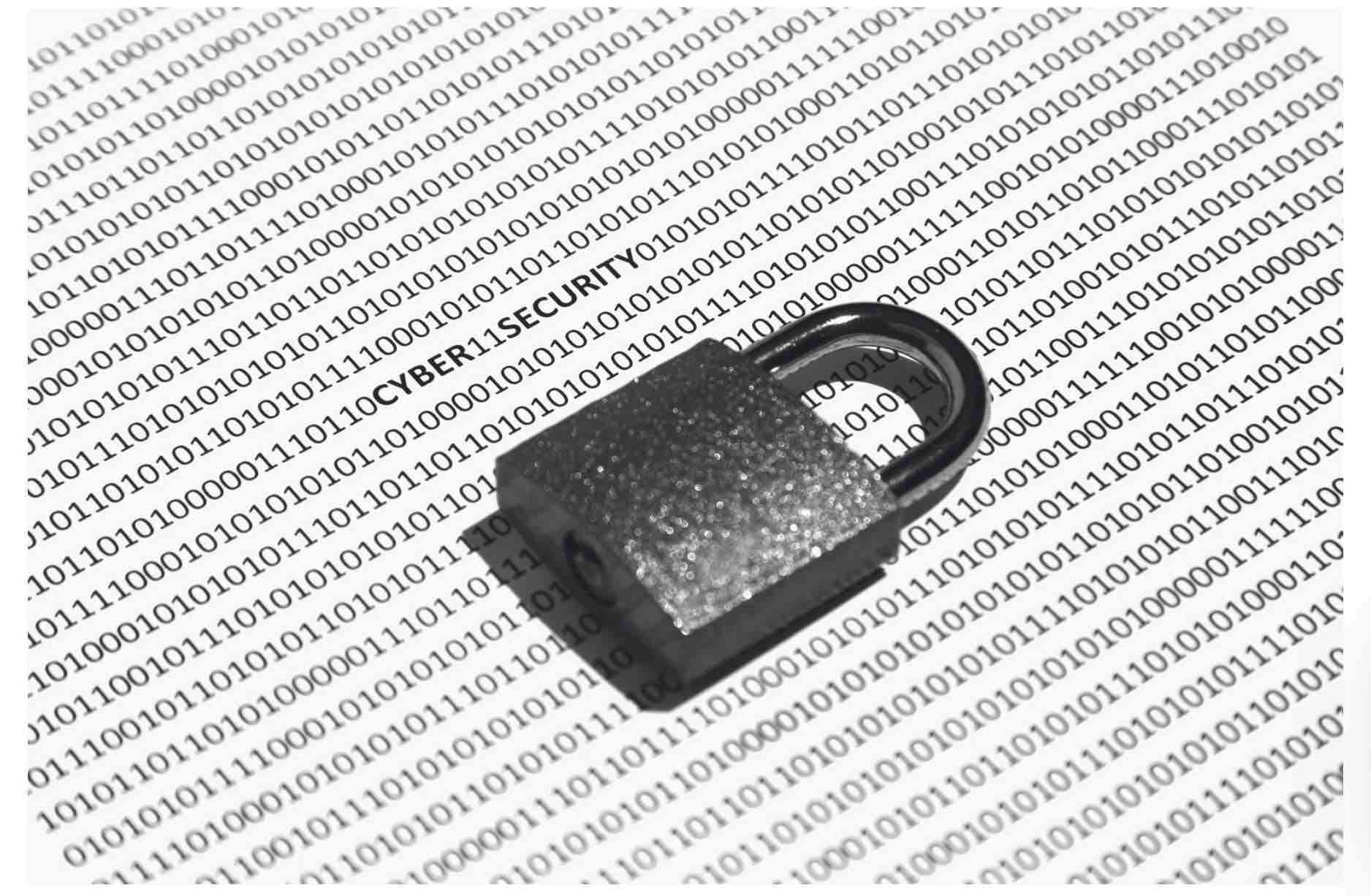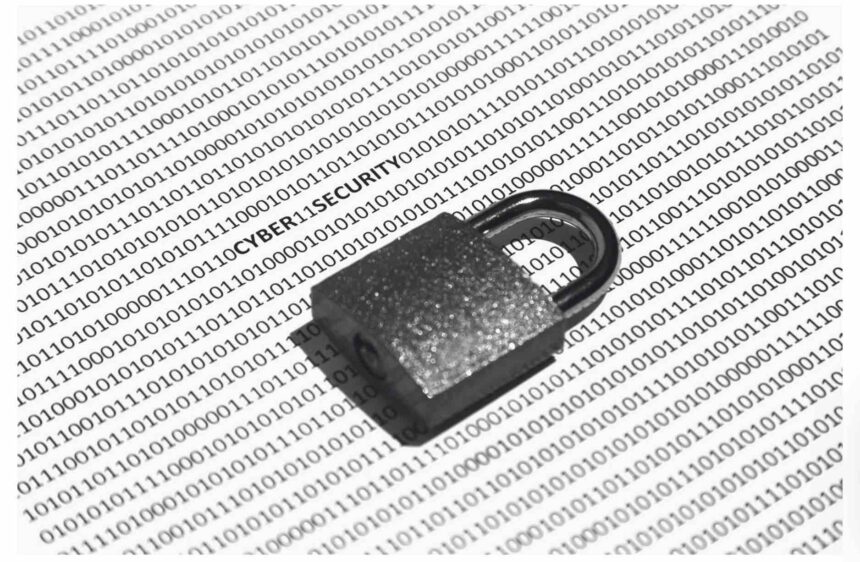
Introduction
Cyber-attacks over the years have proved to be a threat to most organizations, individuals, and industries. Information sharing over the internet or remotely might not be saved as we perceive it.
According to CheckPoint Research, there has been a global escalation in cyberattacks in 2022 as compared to the previous year. Looking at the report, one becomes aware that not a single internet user is safe unless appropriate cyber-security standards are implemented.
You might have security controls and cybersecurity policies in place, but how often do you review or update them? Have you considered cybersecurity auditing?
This article will take you through the cyber security auditing process, its importance, and the best practices that might be helpful for your company.
Also Read: How Will Artificial Intelligence (AI) Change Internal Audits?
What is a Cybersecurity Audit?
With the rising number of cases of cyber-attacks, businesses need to urgently include cybersecurity processes in their audit plan. A cybersecurity audit is an inspection or assessment of your company’s IT infrastructure. It is carried out to evaluate whether your cybersecurity practices and policies adhere to compliance requirements.
The review and analysis of your systems help to detect threats and vulnerabilities including weak links, malicious actors, and high-risk practices. This requires a comprehensive audit and thorough vulnerability scans with the help of experienced professionals.
Cybersecurity auditing also exposes weaknesses that allow the threat actor to have unauthorized access to sensitive information, data, or business processes that can lead to your workforce negligently or unintentionally breaching security protocols.
Cybersecurity auditing should not be mistaken for cybersecurity assessment. Although they might sound similar, they have a notable difference. However, your business’ security position highly relies on them both.
The difference is, while your cybersecurity audit teams focus on the implemented security controls, they hardly test the efficiency of those policies. The mere existence of security measures does not signify successful cyber risk management. A cybersecurity assessment offers a better chance for your auditing team during the auditing process to examine the actual efficiency of the security program.
Additionally, your security team will be informed of where to rectify issues to reduce cybersecurity risk continuously. While implementing a cybersecurity audit, it is worth conducting a cyber assessment that will aid to uncover cybersecurity threats and improve available security gaps that the potential threats might exploit.




